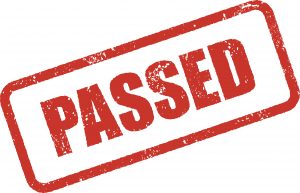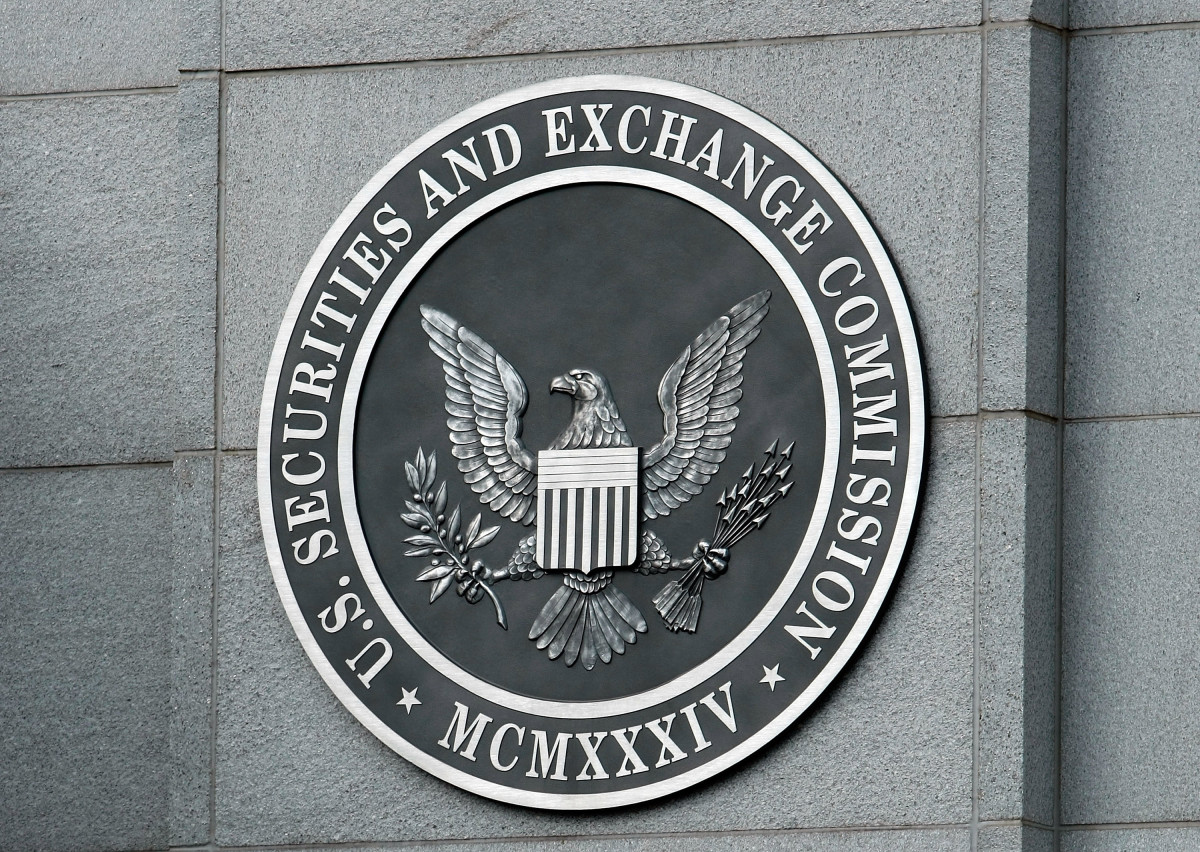
1.0 Introduction
On day 16 of the National Lockdown declared by President Emmerson Mnangagwa on 27 March 2020 followed by the gazetting of SI 83 of 2020 Public Health (COVID-19 Prevention, Containment and Treatment) (National Lockdown) on 28 March 2020, official statistics by the Ministry of Health and Child Care indicated that COVID-19 confirmed cases had increased to eighteen (18), whilst the number of deaths relating to COVID-19 remained at three (3). The cumulative tests conducted is 665 of which 647 were negative.The Permanent Secretary in the Ministry of Health and Child Care Dr A. Mahomva issued a letter directed at all Provincial Medical Directors, Chief Executive Officers of Government Hospitals, All-City Health Directors and Private Hospitals with a strategy to increase active screening for COVID-19. In the letter, she highlighted the Ministry’s intention to have tested thirty-three thousand (33,000) people by the end of April 2020 and gave a breakdown of categories to be tested. The letter was ostensibly issued in response to a consent judgment entered into before the High Court, details of which are provided below.
2.0 Methodology
This report encompasses reports covering the 10 provinces of the country through reports received from the following Forum Members:
- Zimbabwe Peace Project (ZPP)
- Media Institute of Southern Africa (MISA)
- Zimbabwe Lawyers for Human Rights (ZLHR)
- Counselling Services Unit (CSU)
- Zimbabwe Association of Doctors for Human Rights, (ZADHR)
- Zimbabwe Human Rights Association (ZimRights)
Bulawayo has received about 400 deportees from Botswana who have been moved from their previous quarantine centre, Plumtree High School to Bulawayo Polytechnic and the United College of Education to ease crowding. Most of them complained that they left valuables in Botswana that they were never given the chance to collect before being deported to Zimbabwe. The deportees have reported challenges in accessing potable water and food. Similarly, health officials at Robert Gabriel Mugabe International Airport screened and tested 28 Zimbabweans and two South Sudanese who arrived in the country from various European destinations aboard an Ethiopian Airlines flight for COVID-19. The 30 returnees were later escorted to the Zimbabwe Institute of Public Administration and Management (Zipam) for a 21-day-quarantine.In Mufakose in Harare, it was reported that people were selling fruits and vegetables on various streets. It was reported that ZRP officers conducted violent raids against the vendors. It was further reported that some of the vendors retaliated in the Magandanga and Samuriwo areas. It was also reported that there were confrontations between police officers and owners of illicit bars who were resisting the directive to close their illicit bars. One of the vendors was detained in a police vehicle and released 3 hours later, after allegedly paying a USD10 bribe.
At Pick and Pay supermarket in Ruwa, scores of people were gathered outside as they waited for their turn to buy groceries. Of concern was the total disregard for the social distancing policy which is raising the risk of the spread of COVID-19 within communities. Apart from community members seeking to buy groceries, the streets in Ruwa were littered with groups of people.
In Chitungwiza, vendors were selling their goods in the streets at St Mary’s Chigovanyika shops and Zengeza 2 Shopping Centre. In Zengeza 4 and Unit J, vendors were patrolling the streets selling their goods. Heavy police presence was observed at Chikwanha Shopping Centre and Makoni Shopping Centre.
At Chivi Growth Point it was business as usual as grocery shops were open and there were considerable queues for water at nearby boreholes. The same reports were received from Dangamvura and Chikanga in Mutare where citizens carried on with their business.
4.0 Assaults
In Marondera, it was reported that Movement for Democratic Change (MDC) Alliance Councilor Matewu was assaulted by ZRP officers with baton sticks and sustained injuries. It was reported that Honorable Matewu was distributing hand sanitisers in Nyameni township when ZRP officers pounced on him and assaulted him. It was further reported that the police officers harassed and condemned him of affiliating with the MDC Alliance.
5.0 Malicious Damage to Property
In Glen View, it was reported that about 30-40 soldiers and police officers were forcing shop owners to close their shops. In the process of doing so, they attacked one of the motorists and went further to break the window screen of his car. It was revealed that the police who perpetrated that was Constable Murumbi from Glenview police station.
6.0. Summary of Violations
The table below summarises human rights violations documented by the Forum Secretariat and Forum Members from 30 March 2020 to 14 April 2020.
| Nature of Violation | Number of Victims | Location |
| Assault | 156 | Harare, Zvishavane, Masvingo, Bulawayo, Wedza, Chinhoyi, Zaka, Gweru, Chitungwiza, Bindura, Nembudziya, Chiredzi, Marondera, Mutoko, Chivi |
| Attack on Journalists | 12 | Mutare, Gweru, Chinhoyi, Harare, Chiredzi, Masvingo |
| Arrests | 171 | Masvingo, Gweru, Bulawayo, Chinhoyi, Hwange, Harare, Magunje, Lupane, Norton |
| Malicious Damage to Property | 1 | Harare |
The High Court sitting in Harare issued two judgments in two urgent applications.
An interim order was granted by Justices Owen Tagu and Joseph Musakwa baring members of the Zimbabwe Republic Police (ZRP), Zimbabwe National Army (ZNA) and other enforcement officers currently on COVID-19 Lockdown enforcement duties from assaulting or subjecting members of the public to inhumane treatment.Zimbabwe Lawyers for Human Rights (ZLHR) and Lucia Masvondo had approached the High Court for protection after the police had assaulted and set dogs on Masvondo when the police encountered her as she was preparing her meal on an open fire outside her home in Karoi on the 3rd of April 2020.
Justice Musakwa and Justice Tagu issued a final order by consent in the application filed by the Zimbabwe Association of Doctors for Human Rights against the Minister of Health and other government officials. The Court ordered that during the period of the national lockdown or any extension, the Minister of Health should establish appropriately equipped quarantine and isolation facilities; should ensure that all frontline health practitioners are adequately provided with personal protective equipment; sufficient testing kits are deployed at all designated public hospitals; extensive screening is carried out; all health practitioners and personnel are regularly screened and tested for COVID-19; all health facilities are equipped with enough supportive medication; more laboratories be established; all personnel responding to COVID-19 and essential service employees are regularly screened and tested; frontline health practitioners are adequately trained on how to handle COVID-19 and that clear guidance is provided to the public on the implementation of the social distancing principle.
Judgment was reserved in the matter filed by Harare North constituency legislator Allan Norman Markham and Mfundo Mlilo, a human rights activist, against the Minister of Health and Child Care, the Minister of Finance, the Minister of Local Government and the President of Zimbabwe to compel them to promulgate regulations to support SI 83 of 2020. The legislator and activist want the government to be ordered to pass and enforce regulations that provide for emergency relief in the form of door to door food handouts, cash handouts, water deliveries and other related provisions that sustain the livelihoods of affected communities to vulnerable communities, informal traders, and unemployed persons.
8.0 Conclusion
The ongoing onslaught of community members including journalists, human rights defenders and political activists is a continuous cause for concern. Members of the public under quarantine should also be given adequate social distance and basic needs including food and potable water. The Forum continues to call upon community members to adhere to the lockdown and social distance.
Post published in: Featured







 Jill Switzer has been an active member of the State Bar of California for over 40 years. She remembers practicing law in a kinder, gentler time. She’s had a diverse legal career, including stints as a deputy district attorney, a solo practice, and several senior in-house gigs. She now mediates full-time, which gives her the opportunity to see dinosaurs, millennials, and those in-between interact — it’s not always civil. You can reach her by email at
Jill Switzer has been an active member of the State Bar of California for over 40 years. She remembers practicing law in a kinder, gentler time. She’s had a diverse legal career, including stints as a deputy district attorney, a solo practice, and several senior in-house gigs. She now mediates full-time, which gives her the opportunity to see dinosaurs, millennials, and those in-between interact — it’s not always civil. You can reach her by email at 
 Kathryn Rubino is a Senior Editor at Above the Law, and host of
Kathryn Rubino is a Senior Editor at Above the Law, and host of 



